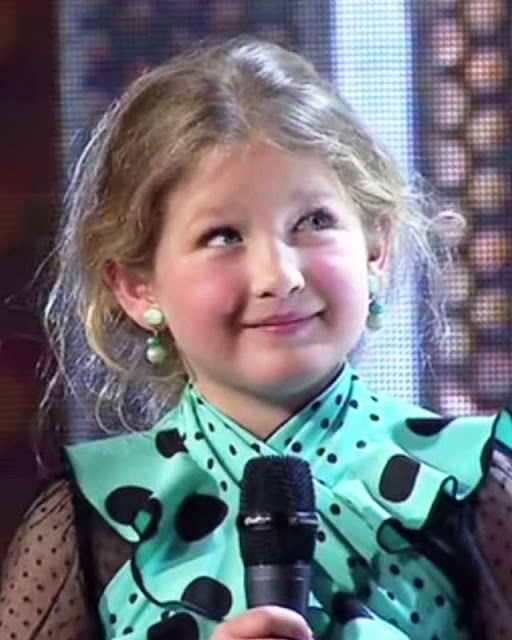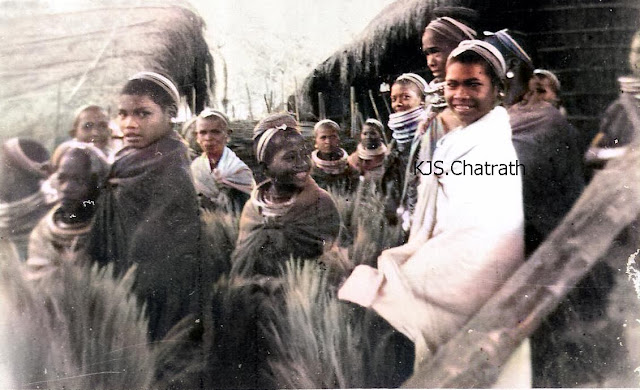'Victoria Amador- the upcoming Flamenco Child Prodigy' - by K J S Chatrath
DISCLAIMER:
This is a not-for-profit blog and no infringement of copyright laws is
intended. If some of the published images violate any copyrights, please
contact us by email and those will be removed immediately with apologies.
Alegrías. Victoria Amador. Tierra de Talento. 2020
I do confess that I do lot of web surfing. Though most of it it is with a focus. Now confined to the apartment, thanks to the fear of Covid, web surfing has increased.
I was looking at short clips of Flamenco performances on Youtube the other day and just stumbled upon a real gem. Before going further let me share a photo of this gem - a pretty little young lady with amazing talent. Her name is Victoria Amador 'La Rubia'. La Rubia, in Spanish means blonde. She is from Spain and is just 7 years old.
The little Antequera dancer Victoria Amador Arcos, or as Victoria Amador artistically calls herself 'La Rubia', who with only 7 years has dazzled Andalusia on the Canal Sur Television program 'Tierra de talent' and offered on Saturday, March 21, where she passed the admission phase. http://www.elsoldeantequera.com/reportajes/35403-la-pequena-bailaora-antequerana-victoria-amador-la-rubia
Watch this amazing
performance by clicking at the link below.
https://www.youtube.com/watch?v=ko0Y1JzXh6A
The performance lasts for the first
4 minutes followed by a chat with the little dancer. Look at the sheer fury and
passion in her performance.
Before moving over to a brief background of Flamanceo as a
dance form, one would like to raise the issue weather it is fair to put so much
pressure on a child of such a small age- pressure of learning dancing, of
giving live public performances and being subjected to interviews by experts of
the dance form. Think about it.
https://www.youtube.com/watch?v=ko0Y1JzXh6A
Before moving over to a brief background of Flamanceo as a dance form, one would like to raise the issue weather it is fair to put so much pressure on a child of such a small age- pressure of learning dancing, of giving live public performances and being subjected to interviews by experts of the dance form. Think about it.
And now a brief introduction of Flamenco as a dance form. Flamenco is a form of song,
dance, and instrumental (mostly guitar) music commonly associated with the Andalusian Roma (Gypsies) of southern Spain. (There, the Roma people are called Gitanos.) The roots of
flamenco, though somewhat mysterious, seem to lie in the Roma migration from Rajasthan (in northwest India) to Spain
between the 9th and 14th centuries. These migrants brought with them musical
instruments, such as tambourines, bells, and wooden castanets and an extensive repretoire of songs and
dances.
Castanets
In Spain they encountered the rich cultures of the Jews and the Moors. Their centuries-long cultural intermingling
produced the unique art form known as flamenco.The essence of flamenco is cante, or song. Baile, or dance, has been the main element of flamenco since that time, though it is never
performed without accompaniment (https://www.britannica.com/art/flamenco).
Photo source: Claudio Castelucho
One ends by giving link to a Flamenco performance by a welknown experienced dancer from Seville, Spain. Flamenco Dance Show
during dinner at El Palacio Andaluz, Seville, Spain.
do take a look. https://youtu.be/XNhfV_53W7A








Comments
Post a Comment